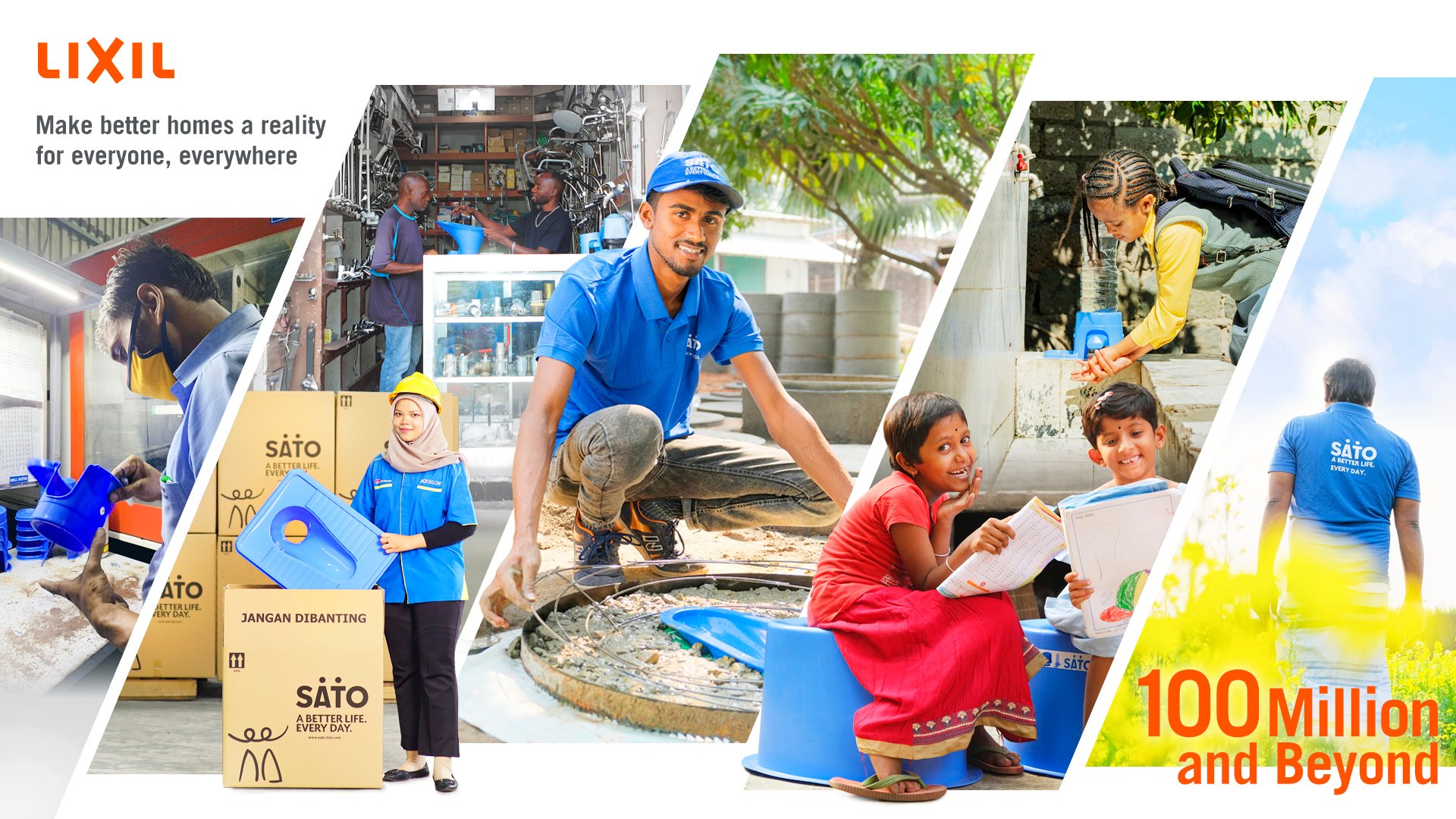Collaborating for Change: Five Lessons from the LIXIL-UNICEF Sanitation Initiative

Ever wondered how we can make safe sanitation a reality for everyone, everywhere? A recent panel discussion at the 9th Tokyo International Conference on African Development (TICAD 9, 8/20-22), held in Yokohama, Japan, shed light on this critical challenge, drawing powerful insights from the "Make a Splash!" (MaS!) partnership between LIXIL and UNICEF.
Moderated by Dr. Dave Mateo, Leader, Impact Strategy Office at LIXIL, the panel featured Erin McCusker, Leader, SATO at LIXIL; Etleva Kadilli, Regional Director for Eastern and Southern Africa, UNICEF; and Sam Langat, Leader, Africa SATO at LIXIL. Their discussion highlighted five key lessons for strengthening sanitation markets and achieving Sustainable Development Goal (SDG) 6.
The conversation kicked off with the urgent need for action. As Kadilli emphasized, "It’s very important for us to remember the context - one out of six people have no access to latrines." This stark reality underscores why the MaS! partnership, formalized in 2018, is so vital. It brings together UNICEF’s ground-level expertise with LIXIL’s know-how in marketing sanitation products, aiming to provide affordable, safe solutions. Langat shared the significant impact, noting that since 2018, the partnership has reached 16.3 million people.
The first key lesson highlighted was the necessity of working beyond purely market-driven supply chains. Relying solely on market forces isn't enough, especially for last-mile communities. As Langat pointed out, if "there are no systems to sustain it, then the impact is short-lived." The partnership evolved to address barriers like access to finance and policy issues.
Next, the panel discussed the power of public-private promotion, blending public health objectives with private sales incentives. This collaborative approach creates sustained demand. In Kenya, for example, community health promoters deliver vital public health messages, a strategy powerfully amplified by targeted marketing and mass media campaigns led by LIXIL.
Reducing market fragmentation was the third crucial lesson. Supply chains are often fragmented, especially in rural areas, making it hard for products to reach those who need them most. The MaS! partnership explores innovative last-mile distribution models, including supporting local businesses and leveraging community health volunteers.
Smart public finance emerged as the fourth lesson. While private investment in sanitation has been slow, the partnership demonstrated how targeted public finance to enhance private sector activity can make a difference. This includes advocating for smarter use of existing public funds and encouraging financial institutions to offer sanitation lending products.
Finally, the discussion centered on understanding policy enablers and blockers. The MaS! partnership actively engages in policy processes, supporting new policies that foster inclusive markets and advocating for the removal of restrictive policies. "It’s a testament to the power of putting the private and the public sector together,” McCusker said. “You need to be committed."
The journey of the MaS! partnership serves as an inspiring example of how diverse stakeholders can unite to create lasting change, bringing safe sanitation and hygiene to millions.
The panelists agreed it’s essential to approach improved access to sanitation and hygiene holistically – like an ecosystem – in order to achieve the necessary speed and scale to tackle the challenge. Recognizing that no organization can manage this alone, the focus must shift to building a self-sustaining “sanitation economy” that will ensure lasting, economically embedded impact for all.
"We could not achieve the scale unless we came together through a shared value partnership,” said Kadilli.
To learn more about the partnership, visit here.



